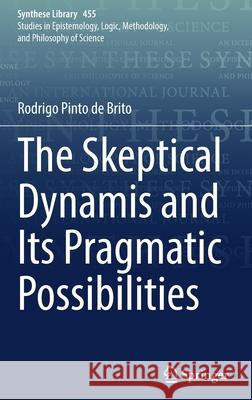The Skeptical Dynamis and Its Pragmatic Possibilities » książka
topmenu
The Skeptical Dynamis and Its Pragmatic Possibilities
ISBN-13: 9783030924065 / Angielski / Twarda / 2022 / 180 str.
The Skeptical Dynamis and Its Pragmatic Possibilities
ISBN-13: 9783030924065 / Angielski / Twarda / 2022 / 180 str.
cena 484,18
(netto: 461,12 VAT: 5%)
Najniższa cena z 30 dni: 462,63
(netto: 461,12 VAT: 5%)
Najniższa cena z 30 dni: 462,63
Termin realizacji zamówienia:
ok. 22 dni roboczych
Bez gwarancji dostawy przed świętami
ok. 22 dni roboczych
Bez gwarancji dostawy przed świętami
Darmowa dostawa!
Kategorie BISAC:
Wydawca:
Springer
Język:
Angielski
ISBN-13:
9783030924065
Rok wydania:
2022
Ilość stron:
180
Waga:
0.43 kg
Wymiary:
23.39 x 15.6 x 1.12
Oprawa:
Twarda
Wolumenów:
01
Dodatkowe informacje:
Wydanie ilustrowane











